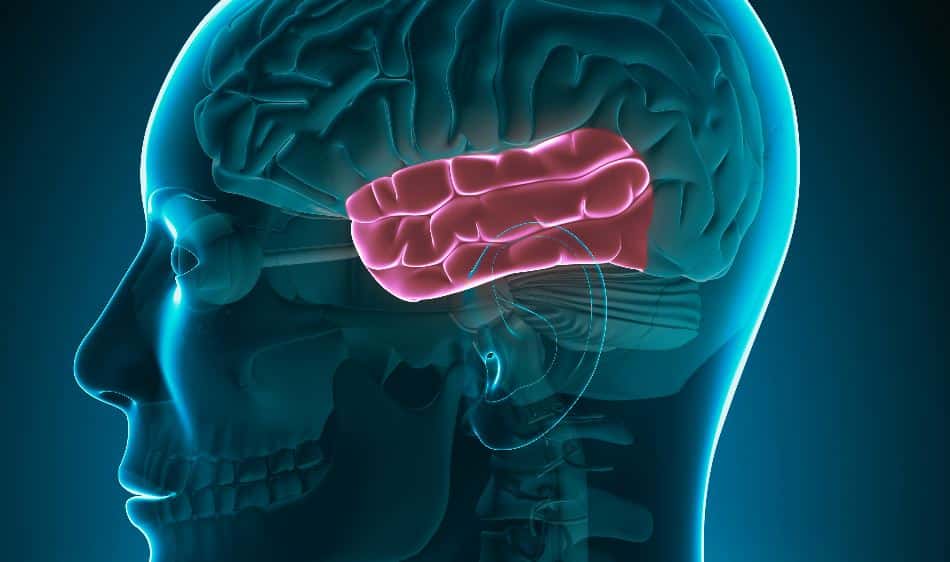Dec. 07, 2022
By the time this is published in Pathways the mid term election results should be in the books. Also, at first glance, the combination of politics and auditory processing would seem to be more than a bit unusual. However, then senatorial candidate John Fetterman’s stroke, in the spring of this year, made auditory processing (central auditory processing) a fairly common







